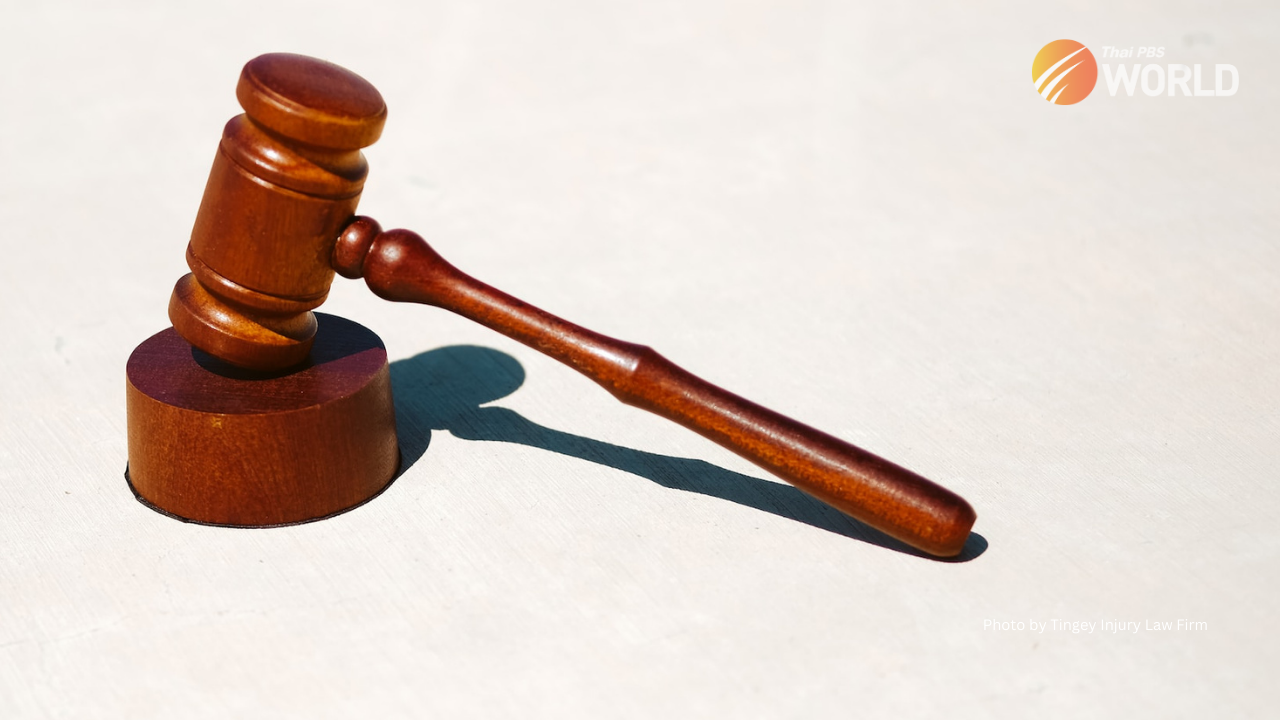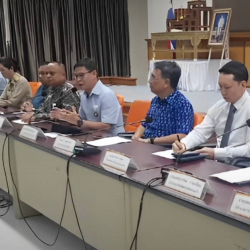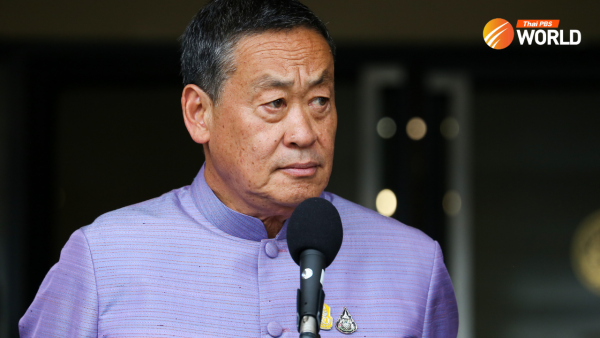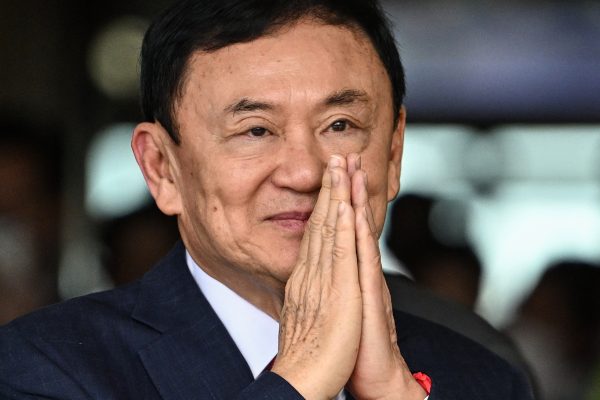Worrisome “media shares” rulings in recent past

While Move Forward leader Pita Limjaroenrat has taken certain actions regarding the iTV share controversy, history is not on his side. Some media reports have dug up similar cases that seemed inconsequential at first but eventually cost election candidates their parliamentary future.
Let’s forget Thanathorn Juangroongruangkit for a minute, although his case should be Pita’s biggest worry. When Future Forward (now Move Forward) submitted its list of party-list candidates to the Election Commission in 2019, it included the name of Thanwarin Sukhapisit, a filmmaker-turned-politician. The candidate held shares in two companies _ Head Up Production and I’m Fine Production.
In its ruling that disqualified the MP, the Constitution Court said it looked primarily at two questions _ Were the firms “active” when the candidacy was registered? And if so, did the affected person own their shares on the electoral application day?
Thanwarin’s “ownership” seemed more straightforward than Pita’s possession of iTV shares, which he said were under his name only because he was the executor of his father’s will. Pita, who did not list the iTV stocks in his compulsory assets reportto the authorities, has transferred out the questionable shares, but what the Constitutional Court looked at in Thanwarin’s case, the date of the electoral application, might suggest that late transfer was irrelevant.
Now, Thanathorn. What does his case tell us? Thanwarin’s case went somewhat under the radar, probably because Future Forward leader Thanathornhad earlier been disqualified as an MP in the V-Luck Media share uproar. V-Luck Media was not involved in controversial content, but the Thanathorn ruling reminded many of legal precedents which show that the judges give considerable importance to what may happen “in the future.”
There are cases that may look stronger than Pita’s because they involved full or larger “ownership”, but the Supreme Court’s opinion on “inactivity” is remarkable.
One such case had to do with Chat Pattana’sconstituency candidate Anusorn Kasemwan. Before 2019, he reportedly owned a printing company that issued a little-known newspaper _ Sue Klang SaphaThai _ which he insisted had stopped printing for two years when he sought candidacy registration. In an appeal to the Supreme Court against the Election Commission which had ruled against his election candidacy application, he said his ownership must have ended according to the printing law.
The Supreme Court, in killing the appeal, ruled that unilateral end of printing (without related authorities being officially notified) meant the “ownership” remained.
The share saga that threatens to end Thai hopes for a liberal prime minister
Another interesting case was also an appeal to the Supreme Court. It was filed by New Aspiration’s Suwatchai Sawasdi, whose constituency candidacy application was denied by the Election Commission, which insisted that he was the owner and an editor of the Korat Politics newspaper.
Suwatchai registered Korat Politics in 2000. The printing stopped in 2009. Like Anusorn’s case, related authorities were not officially informed of the discontinuation. “Since there is no evidence that the petitioner had notified the authorities of the end of the business, the petitioner has to still be regarded as owning the Korat Politics newspaper, hence (properly) being prohibited from becoming an election candidate,” the Supreme Court ruling said.
Another case yet is a similar appeal to the Supreme Court. Taweep Kwanburi of the Palang PracharathParty had his Rayong’s Constituency 1 candidacy revoked by the Election Commission on grounds that he owned and had shares in the Sue Klang Daily newspaper. He registered it in 1995 but discontinued it two years later, again, without officially telling the authorities.
The court, in its ruling, said the printing law did not say that long periods of inaction mean the legal and permanent end of the said publishing business.
Even Pita’s decision to transfer the contentious shares in his account to other heirs of his father can raise more questions than it answer. First, that is admission of the existence of potentially unlawfulshares in his account on the electoral registration dateand his failure to report it to the authorities when he played politics. Second, as one senator has pointed out, it had been some 17 years since his father died, a period that is perhaps too long to settle a seemingly-uncomplicated issue of how to divide shares.
Politics and business conflicts hounding iTV may even make life harder for Pita. In early 1990s clamoring for a TV station that was truly independent gave birth to young-blood operators, newscasters and reporters who defied old clichés about TV news coverages. But as more independent and aggressive reporting spread to other TV channels, one of the biggest ironies happened at iTV, which saw Shin Corporation having the biggest say and controlling its business and operations.
The belief that Thailand genuinely needs an independent TV channel serving as the true voice of the people can work for or against Pita. When he was an opposition leader, the concept of “independence”might have been in his favour. If or when he is the prime minister, any link to TV operations can backfire.
iTV is kept legally alive apparently to pursue court claims. The prolonged battle with the government can be interpreted as iTV having the potential to bounce back business-wise. Looking at the rulings on the other cases, it doesn’t bode well for him, unless the transfer of shares out of his account had taken place soon enough, ideally before complaints were filed against the popular politician.
At least the transfer of iTV shares out of his account could pre-empt conflict of interest charges in the future. Without the transfer, he would wear two clashing hats if he becomes prime minister. He would have to protect government interests on the one hand and on the other he would be a shareholder wanting iTV to do well.
There will be no such a conflict of interest scenario. It’s a rare piece of good news, not just for Pita, but also for a lot others.
By Tulsathit Taptim
Writer’s note: Information on the past cases of controversial media shareholding is available on www.isranews.org






